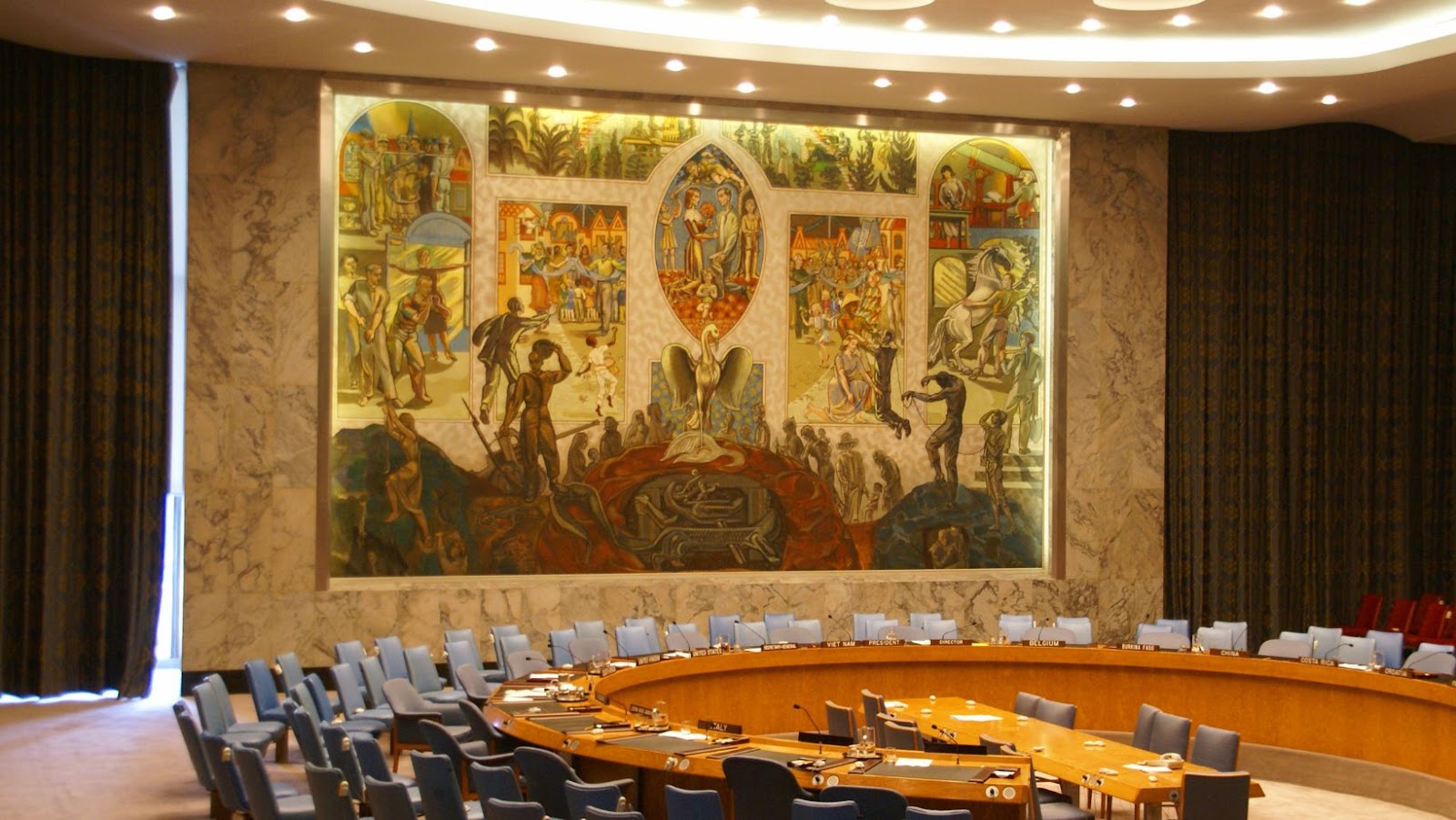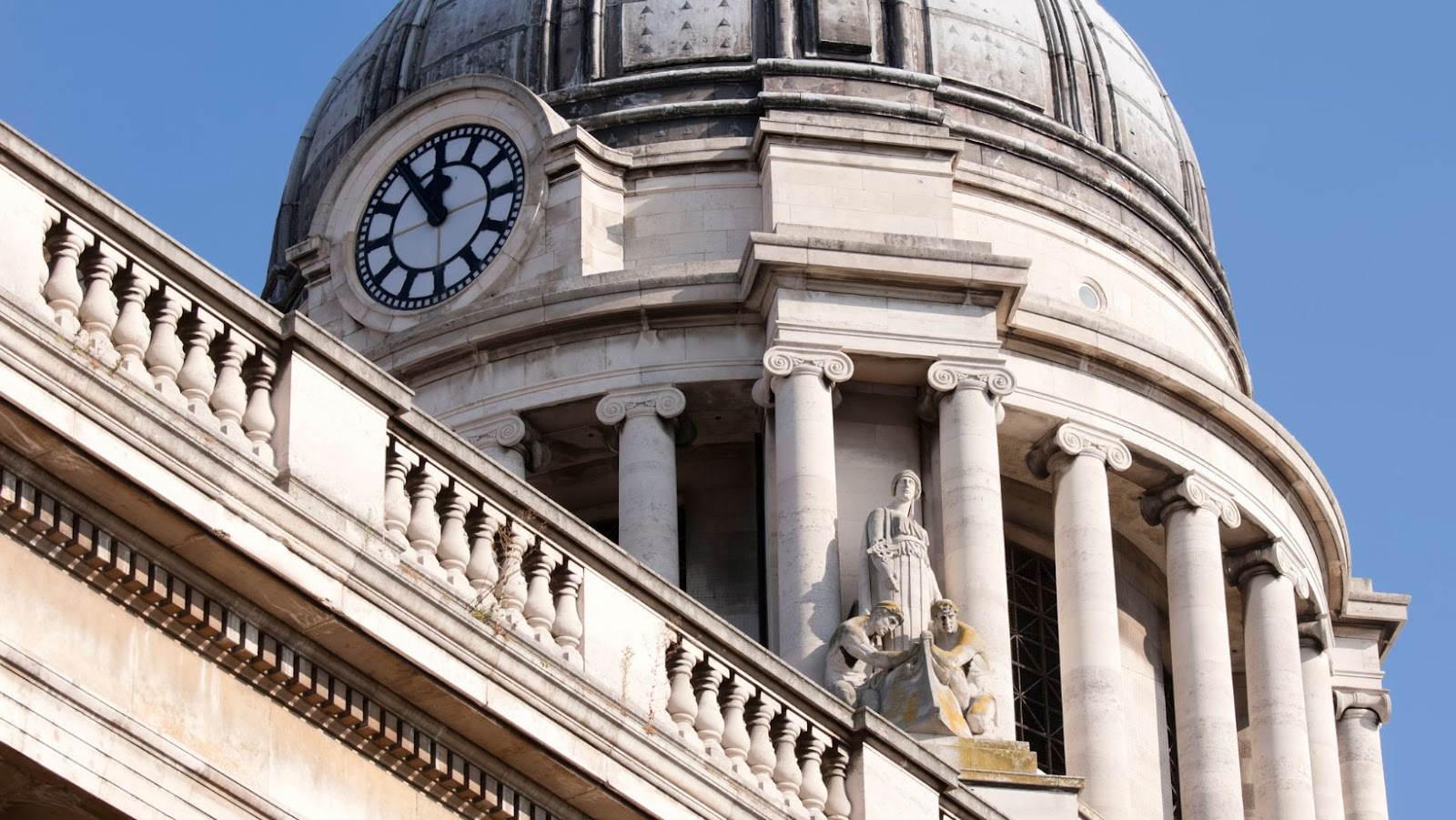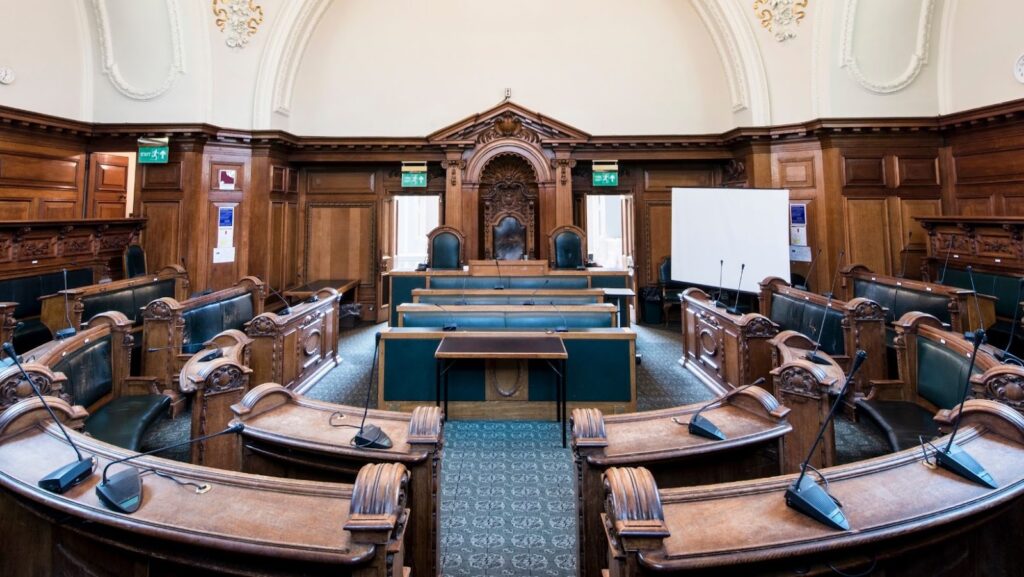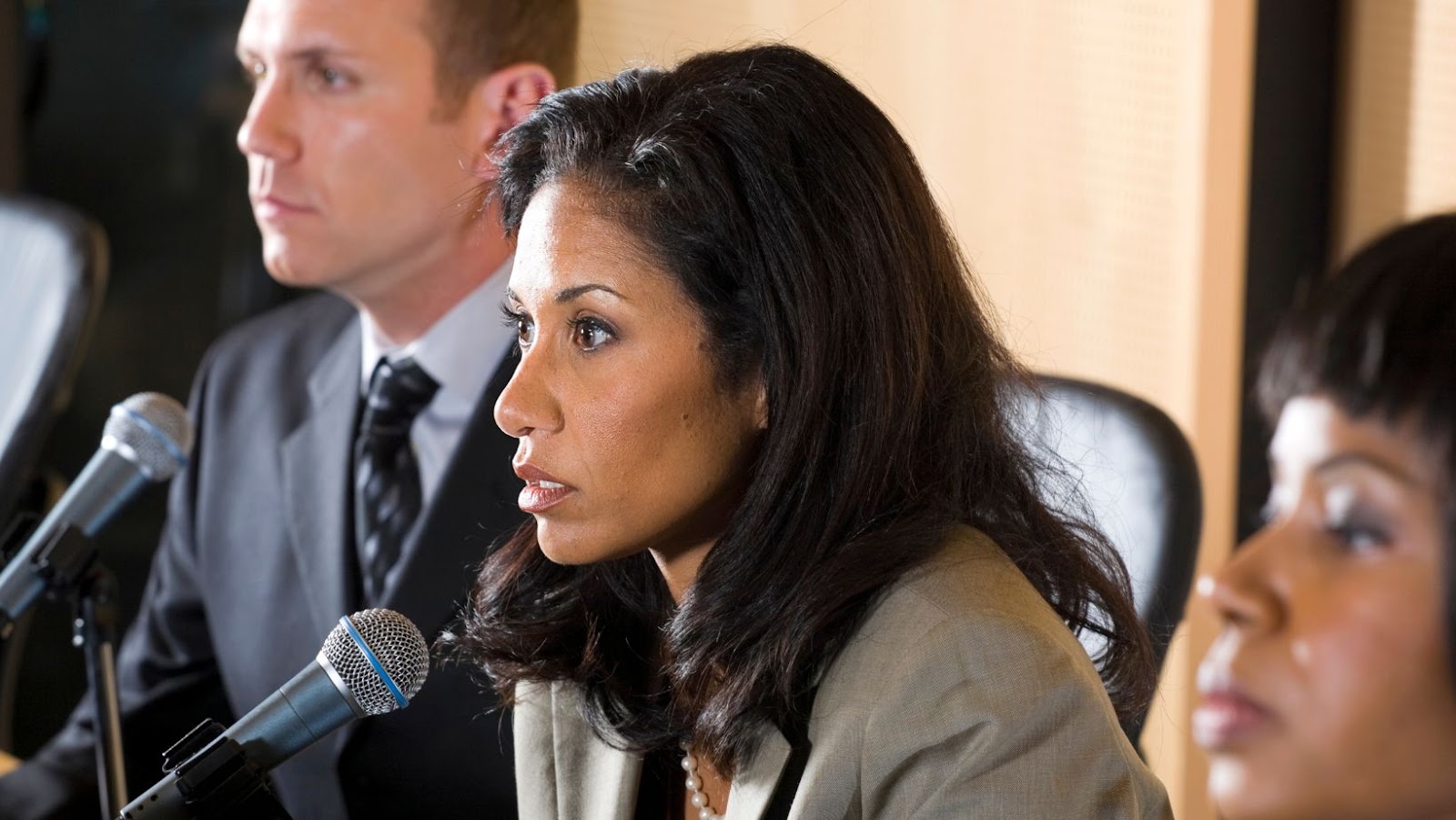The Council of Europe is the continent’s leading human rights forum, with 47 member states across Europe. Since its establishment in 1949, the Council has been a key player in promoting democracy and protecting individual human rights in Europe. It also provides a platform for dialogue between European states over shared challenges and experiences.
However, even though the Russian Federation is located entirely within the borders of Europe, it has not been invited to join the Council as a member state.
This exclusion is due to Russia’s continued violation of human rights and its unwillingness to abide by EU law and regulations. This article aims to discuss why Russia has been excluded from the Council of Europe membership and explore possible solutions for re-engagement with this influential organisation.
History of the Council of Europe
The Council of Europe is a Europe-wide intergovernmental organisation formed in 1949, whose main objective is to promote democracy, human rights and the rule of law across the continent.
The Russian Federation was originally an observer country to the Council of Europe. Still, in 2014, the Russian Federation was excluded from the organisation due to its involvement in the Ukraine crisis.
Let’s take a look at the history of the Council of Europe to understand why the Russian Federation was excluded.
Creation of the Council of Europe
The Council of Europe was founded in 1949 to respond to the need for a pan-European organisation with a human rights focus. It consists of 47 member states, all committed to upholding human dignity and human rights, the rule of law, democracy and promoting cultural diversity.
The Council’s founding document is the European Convention on Human Rights (ECHR), which sets out fundamental rights and freedoms encompassed in civil and political liberty when adopted in 1950 by 10 European countries. The ECHR has since been ratified by all 47 member states, and forms an integral part of their legal systems.
The founding vision of the Council was “a single Europe whose inhabitants have broken down boundaries that stand in their way” – a vision which it has gradually been able to realise through the creation of stronger links between its member state governments through a range of initiatives including elective dialogues between countries, shared initiatives on critical issues, information exchange including early warning systems, co-operation on issues such as migration and displacement, aid coordination for vulnerable individuals or communities as well as much more.
Given this concept of a unified Europe based on shared values, it is perhaps unsurprising that some states – particularly those outside Western Europe or those without yet joined NATO – have been refused admission at various stages during the history of the ECouncil oEuropef. This is notably dcase with the Russian Federation who have continually been excluded due to their perceived lack of economic integrity among other objections raised by EU members states despite t meeting most requirements outlined within EECHR.
Expansion of the Council of Europe
The Council of Europe was established in 1949 and expanded to include more members. The organisation’s primary purpose is to promote democracy, human rights, and the rule of law by uniting countries across Europe. Most European countries are members of this regional organisation except Russia, which lost its membership in 2016.
In May 2019, the Council approved North Macedonia’s official membership into the organisation making it the 47th member state of the Council. With this expansion, three-quarters of Europe’s population is now included in this prestigious organisation.
Since its founding, several achievements have been accomplished by the COE such as the establishment of a court system called The European Court of Human Rights that has passed judgement over sixty thousand cases since 1959; conventions that protect journalists and protect victims from terrorism and organised crime; as well as guides containing principles for protecting human rights including health care equality for vulnerable populations; and respect for parental rights in education policy.
The Council has become deeply embedded as a pillar of PR-European stability with clear commitments enforceable under international law – setting an example for other foreign affairs international organisations worldwide.
The Russian Federation is excluded from the Council of Europe
The Council of Europe is an international organisation whose primary purpose is to protect human rights, democracy, and the rule of law in its 47 member states. In 2017, the Council of Europe made the decision to exclude the Russian Federation from its membership due to its failure to comply with the organisation’s values and principles.
This article will explore the reasons for this exclusion and how it affects the Council of Europe.

Human Rights Violations
One of the primary reasons for the exclusion of Russia from the Council of Europe is their known pattern of repeated human rights violations. This has been documented in a wide range of international human rights reports, and was also noted in official investigations conducted by the Parliamentary Assembly of the Council of Europe (PACE).
These violations include discriminatory practices and abuses against ethnic minorities and indigenous groups, discrimination against LGBTQ+ communities and hate crimes. Additionally, there have been reports of massive neglect in relation to health care services and housing, often leading to perilous conditions for affected populations.
In response to these chronic humanitarian issues, Russian authorities have actively denied accountability, instead citing ‘frivolous’ legal claims or blaming regional governance and bureaucracy. This behaviour has been further reinforced by a pattern of intimidation and arrest by government security forces towards activists associated with these causes.
Combined with systemic limitations imposed on non-governmental organisations (NGOs) to gather data on these matters, this repression has contributed substantially to Russia’s exclusion from the Council of Europe.
Political Instability
The Council of Europe is based on human rights, democracy and the rule of law. It is an intergovernmental organisation that seeks to uphold these values and ensure they are respected throughout its 47 member states.
Political instability in Russia over the past few years has led to several conflicts between Russian authorities and their European counterparts, causing the Council of Europe to take action against Russia’s policies.
Russia was suspended from the Council’s Parliamentary Assembly (PACE) in 2014 after ruling against its illegal annexation of Crimea. In response, Russia stopped paying yearly membership fees required for full participation in PACE activities and was accordingly excluded from other parliamentary programmes.
Furthermore, new laws being ousted by Russian authorities were deemed contrary to democratic values by PACE members, prompting them to take further steps towards excluding Russia from the Council’s activities and debating over whether or not to strip it entirely from membership status.
The strained relations between Moscow and its European partners have resulted in Moscow boycotting most Council meetings since 2017 amid calls for a feedback on sanctions imposed against it in relation to political instability caused by pro-Kremlin activists in eastern Ukraine in 2014-2015. The ongoing crisis sparked further debates on whether or not Russia should remain a member state. Although no decision has been taken, removal as an active member seems increasingly likely.
Refusal to Cooperate with the Council of Europe
One of many reasons the Russian Federation has been excluded from the Council of Europe is its refusal to cooperate with its judgments and decisions. For example, Russia refused to comply with the European Court of Human Rights’ decision on Georgia in 2016. In addition, it refused to cooperate with the court in a case related to Russia’s annexation of Crimea in 2018. Following these cases, Russia was given specific legal commitments by the Council of Europe which it failed to fulfil.
Russia also refuses to cooperate with other activities of the council, including external evaluations by the European Commission against Racism and Intolerance (ECRI). For example, the ECRI evaluated that “recurring reports from a wide array of sources consistently corroborated evidence of discrimination” within Russia; yet, Russia did not accept this report. Such blatant disregard for human rights findings undermines cooperation between states within the Council and does not support human rights protection in Europe nor abroad.
Lastly, another reason the Russian Federation was excluded from active participation is its continued violation of Ukraine’s sovereignty, as this violates multiple articles within the European Convention on Human Rights which aims for democracy and protection for individuals on an international level. Furthermore, this refusal does not respect other countries nor does it align itself with one basic goal held by all states: mutual respect that allows communities and nations around the world to be peaceful and prosperous together.

Impact of the Exclusion
The exclusion of the Russian Federation from the Council of Europe has caused significant disruption to the European political and legal order and has led to tensions between different countries.
This article will examine the impact of Russia’s exclusion from the Council of Europe and how it has affected the organisation and its member states.
Effect on Russian Citizens
The current suspension of Russia from the Council of Europe means that Russian citizens no longer have direct access to the European Court of Human Rights (ECHR). This has potentially far-reaching consequences for hundreds of thousands of individuals who had sought a remedy for potential human rights violations through the ECHR’s Court Mechanism.
The decision to exclude Russia from the Council of Europe in 2014 has raised serious concerns amongst numerous civil society groups and non-governmental organisations. The suspension means that Russian citizens cannot submit applications directly to the ECHR, which may lead to violations or abuses going unnoticed or unchallenged. In addition, Russian citizens who already have applications pending with the ECHR may now find themselves unable to access legal representation or obtain an effective remedy for their grievances.
Furthermore, civil society organisations fear that emergency measures imposed by governments in times of extraordinary security circumstances such as Covid-19 may further limit the capacity and ability of civil society groups to pursue ECHR cases on behalf of Norwegian citizens and raise a need for enhanced information sharing efforts between human rights experts and advocates from other countries affected by similar situations.
While effects on individual rights will be felt most severely, there is also a greater danger that governments in Russia which can no longer be held accountable for convention breaches will show decreasing levels of commitment towards international human rights standards going forward.
Effect on the Council of Europe
The exclusion of the Russian Federation from the Council of Europe has profoundly affected its functioning and standing in the international community. As a result of this exclusion, the number of voting members within the Council dropped from 46 member states to only 45, resulting in a diminished ability to pass resolutions and take other political action on important issues.
Additionally, by excluding Russia from the Council’s meetings and activities, the issues they could address have been limited. This has caused divisions within existing members and potential new member states, who may have conflicting interests when it comes to certain topics such as human rights.
This exclusion has also resulted in a decrease in funding for the Council which has had to make up for this shortfall by utilising sources other than those provided by Russia’s membership budget contribution. This deficit is feared to affect further development for certain initiatives that are integral to achieving additional support for international law, good governance, human rights protection and cultural diversity.
Finally, without Russia’s participation in meetings or bilateral dialogues between member countries and governments, the representation of minority groups from across Europe is lacking or insufficiently voiced within decision making processes at the highest level. As a consequence deep rooted disagreements over topics such as crime prevention or frozen conflicts may remain unsolved depriving a precious opportunity for reconciliation between different nations sought by regional organisations like The Council of Europe.



More Stories
What Is Social Media Analytics? Technical Foundations, System Architecture, and Strategic Applications in Modern Digital Ecosystems
Non GamStop Sports Betting: Benefits of Mobile Apps for Placing Bets in 2026
Transform Your Career with Industry-Ready Artificial Intelligence and Machine Learning Programs